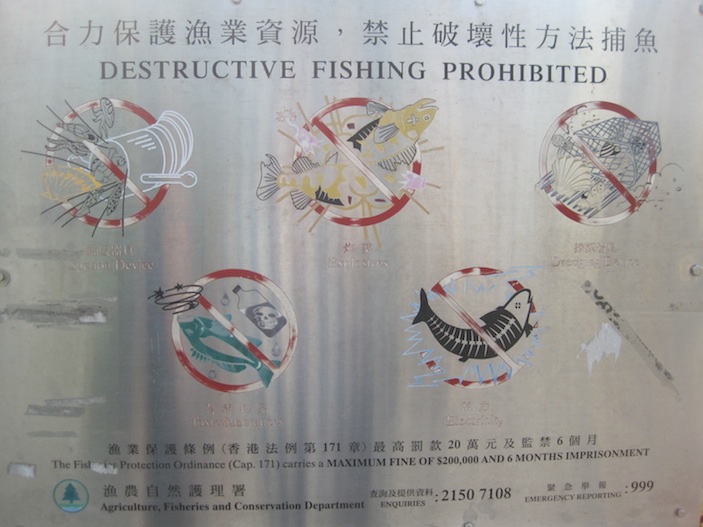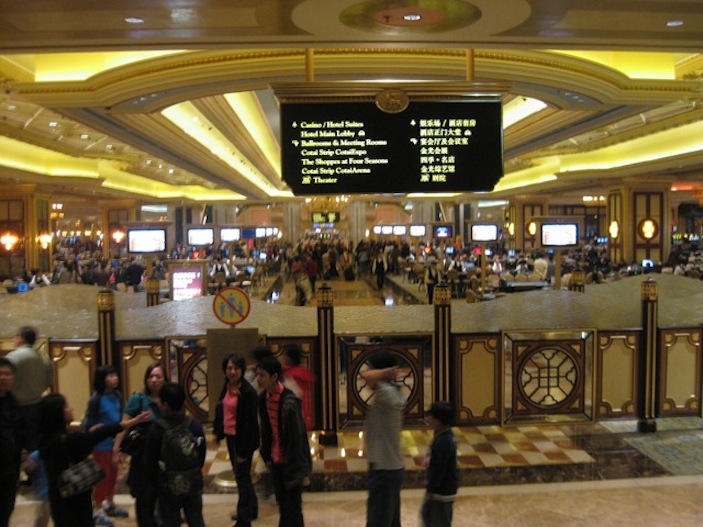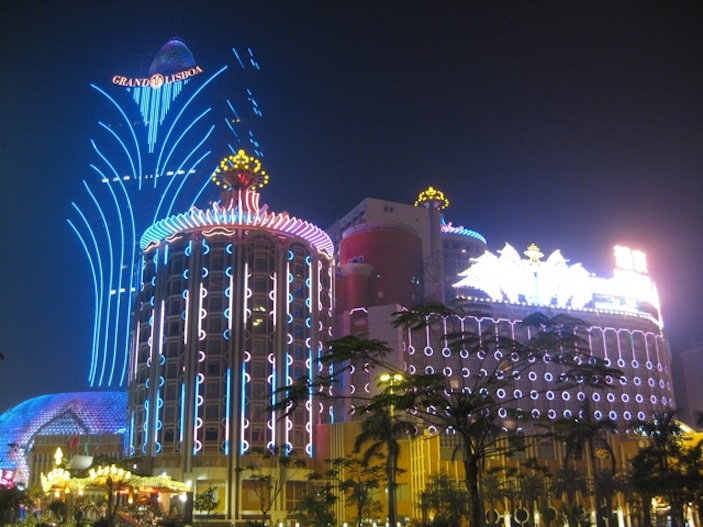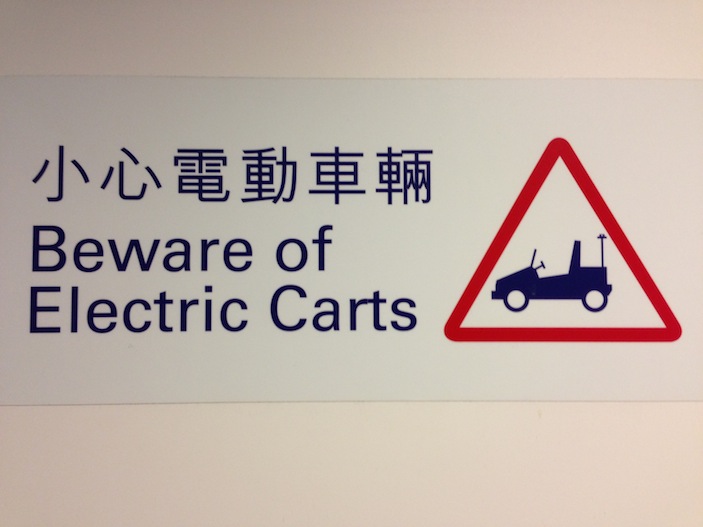Posts Tagged ‘IDhongkong’
IDhongkong: Destructive Fishing
IDhongkong: Tree of Life
IDmacau: The Risk-Taking Propensity of the Chinese
Macau generated the same gambling revenue as Las Vegas in 2004 with just 4% of the number of slot machines and 40% of the gaming tables, and less than 10% of the number of hotel rooms.
This reflects the difference in risk-taking propensity between two of the largest market economies in the world. Whereas gambling is largely a form of entertainment in the West–look at how much the club scene is an integral part of the Las Vegas experience as compared with strictly gambling–in China it is seen as something much greater: a battle with destiny or one’s fate. It may take you a visit here and a walk through these casinos to fully understand this.
Given that this culture gave us the I Ching, feng shui, lucky numbers in fortune cookies and the like, it is obvious that luck is a primary building block to Chinese culture. I can’t recall how many times, for example, I have nearly tripped over a roast pig, a raw chicken, flowers, or burning incense outside of a shop grand opening while traversing Hong Kong–all offerings for luck.
So next time you are looking to get away, party and throw some money around for kicks, head to Vegas. But if you want to have a true battle against destiny, then Macau is the place for you. I’m just surprised China’s suicide rate isn’t a bit higher, since so many of these people obviously walk away thinking destiny is against them…
IDhongkong: Beware Electric Carts!
IDhongkong: Bubbles!
Asian Business Culture Exemplified in a Hong Kong Ramen Shop
Hong Kong, like much of Asia, is great for many things. From landscapes and architecture to food and nightlife, it’s a vibrant, bustling city full of energy. But, also like much of Asia, don’t expect creative thinking or ability to improvise in a work setting to be one of the traits you notice. While there are certainly creative communities throughout Hong Kong and Asia as a whole, and actually many governments are actively making an effort to encourage the development of more, Asian companies still tend to exercise a firm grip over the thought processes and freedoms of their employees. In other words, coming up with your own way of doing things is not encouraged here, like it is in Silicon Valley firms or other creative hotbeds around the world.
A ramen shop, of all places, would be the least likely place I’d expect to notice this approach to management, but sure enough I did while having lunch at Hong Kong International Airport. Like many restaurants, this particular shop offers set combo menus to make it easy for time-sensitive travelers. Given that I had several hours to kill, however, I was in no rush. As I looked over the menu, I noticed that there were different side dishes available with different main courses, but the offers were specific. In other words, you could not choose one main course ramen and one side—it was strictly Ramen AB with Side C, or Ramen DE with Side F, etc. I wanted Ramen AB with Side F, and figured it would be no trouble by simply asking the waitress. When I did, however, the expression on her face became as if I had just asked her to disprove the Fibionacci Sequence—total confusion. She said tersely that I could not order those dishes together, but offered me another combo instead.
It certainly wasn’t a big deal, but something I noticed so typical of many Asian business cultures—don’t challenge the authority. The restaurant obviously knew much more than me which dishes I would like to compliment each other.
.jpg)











